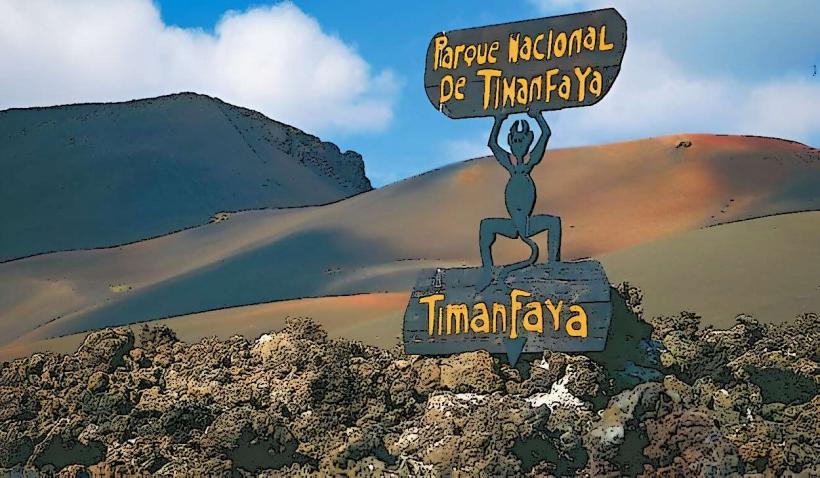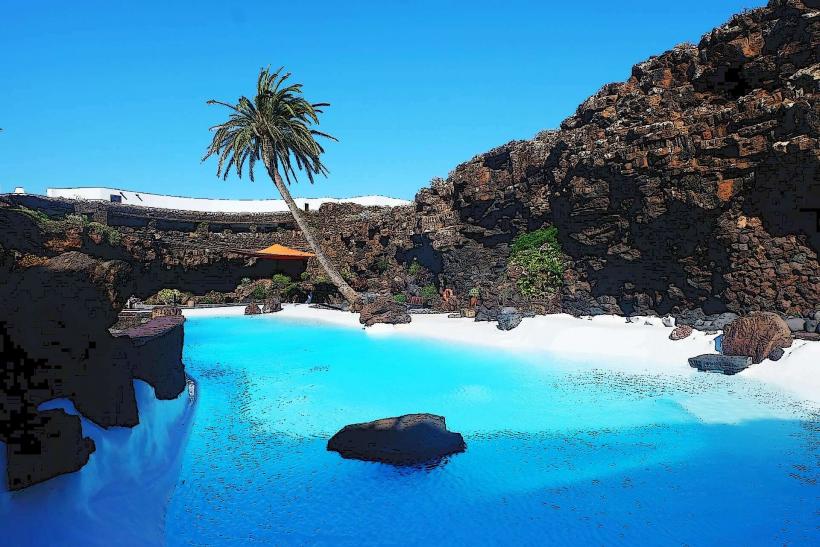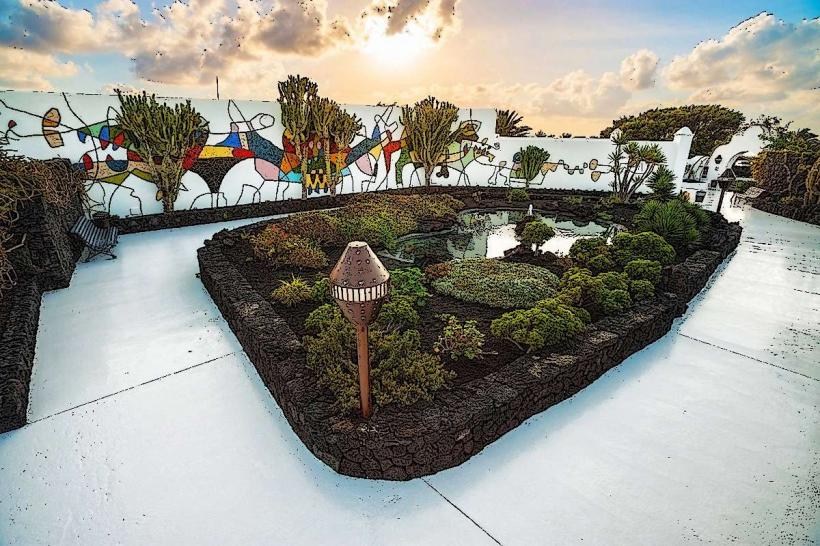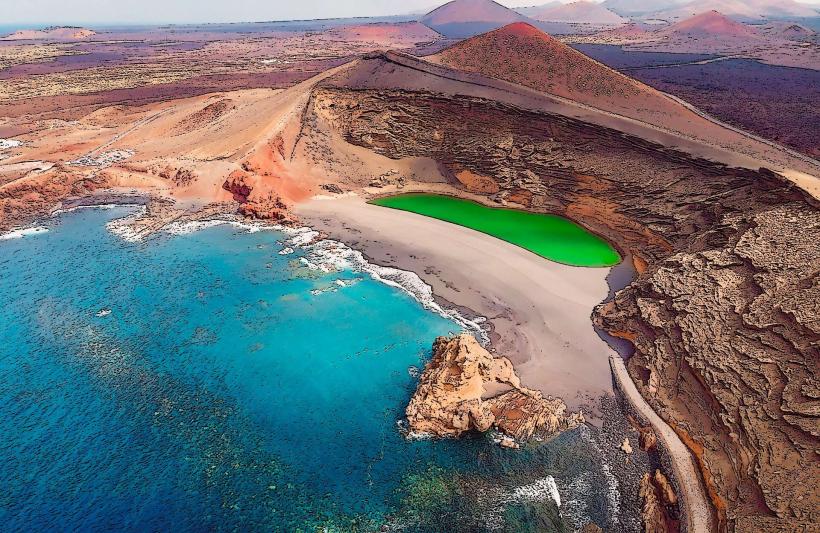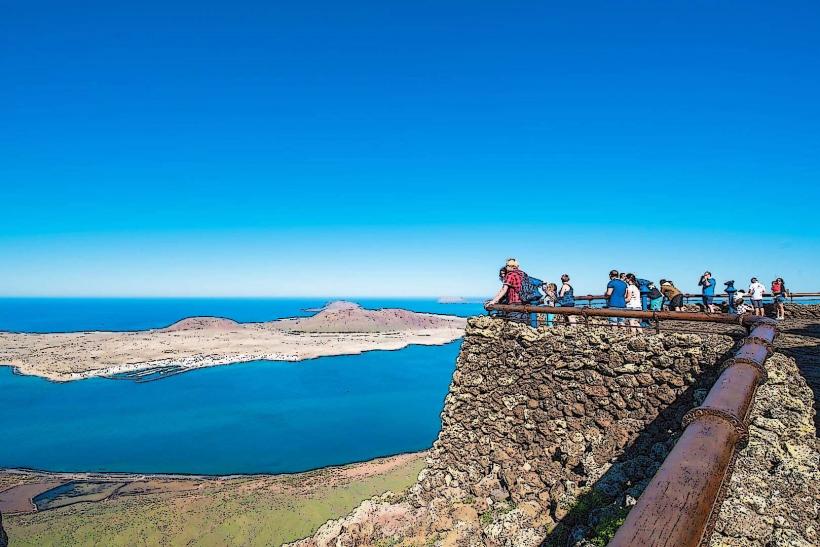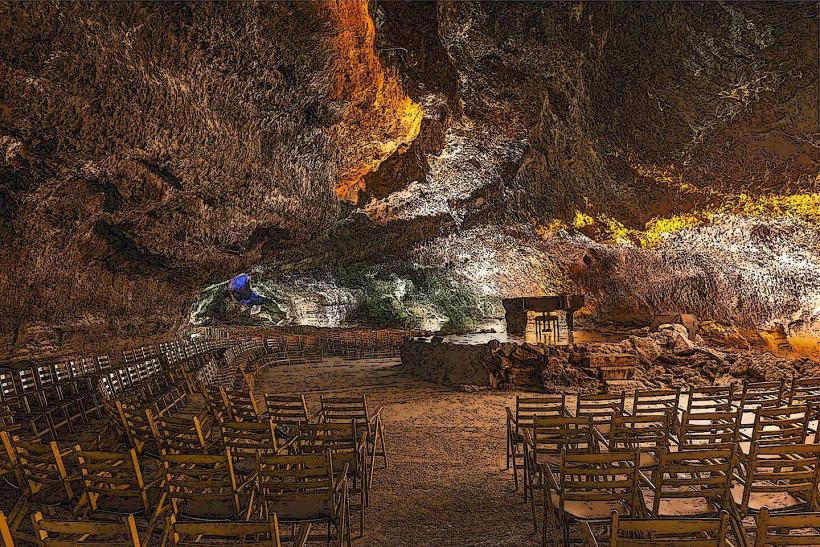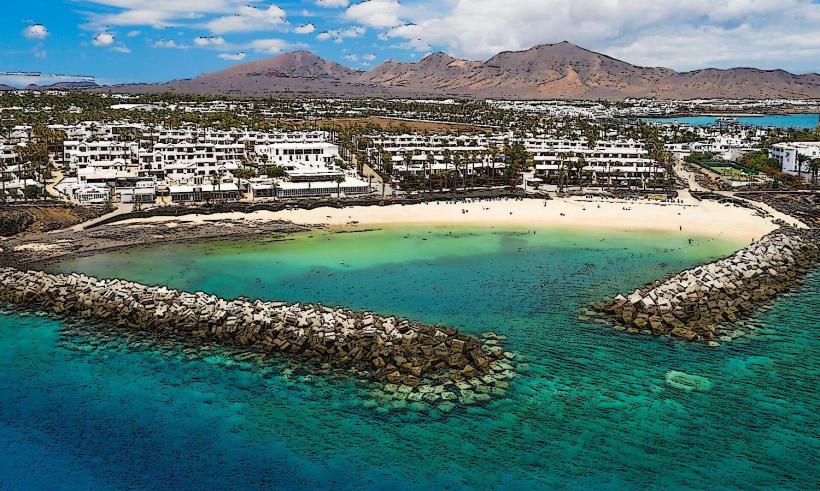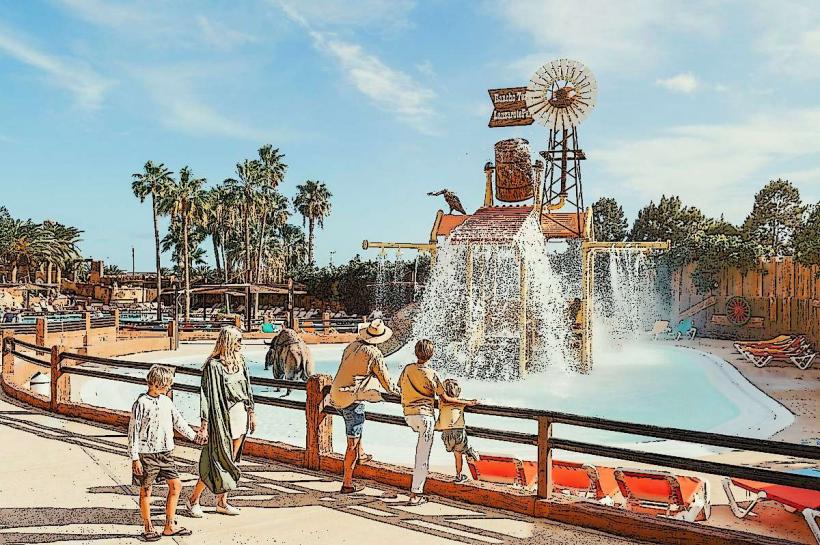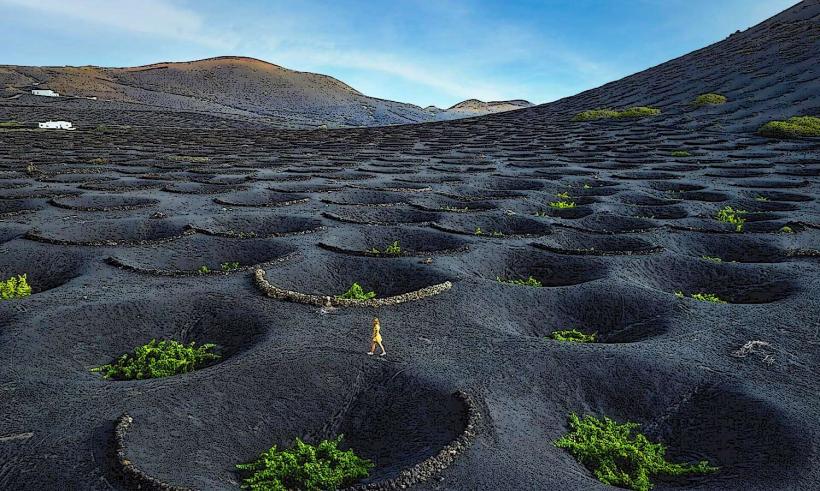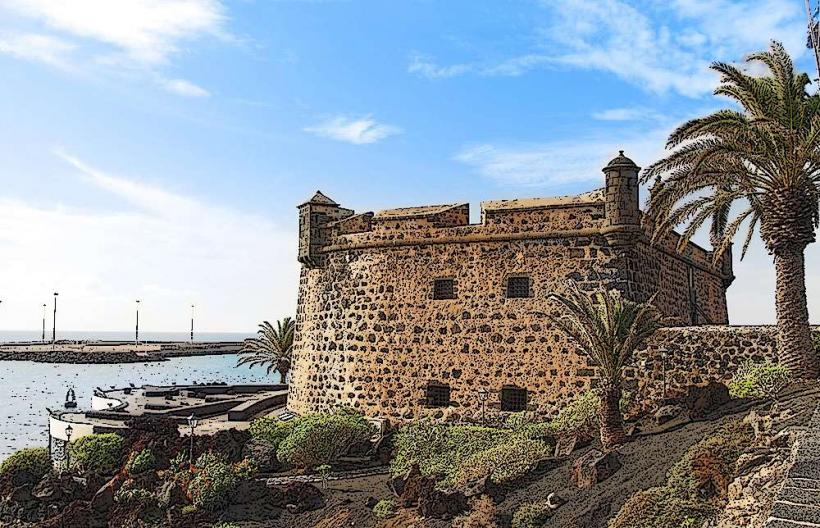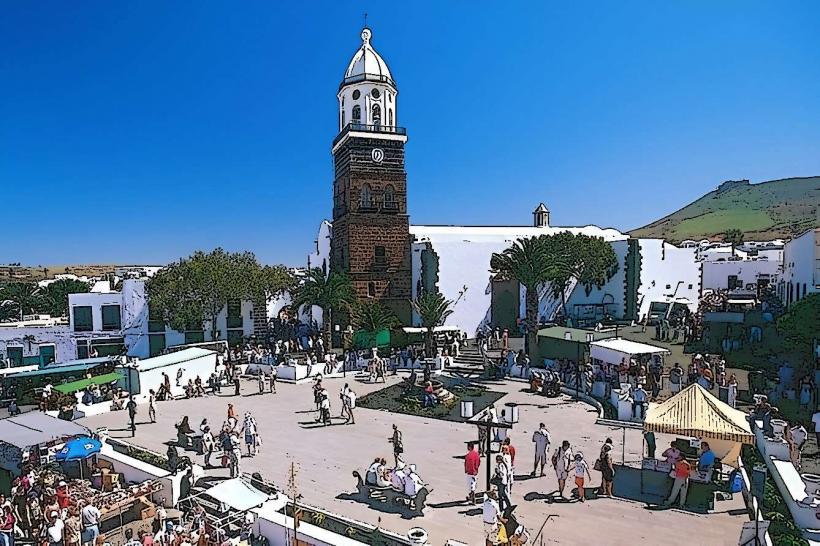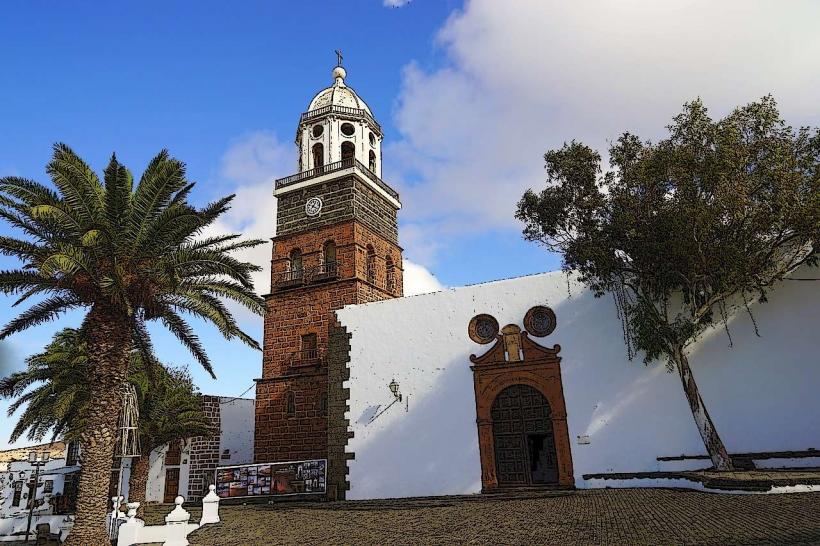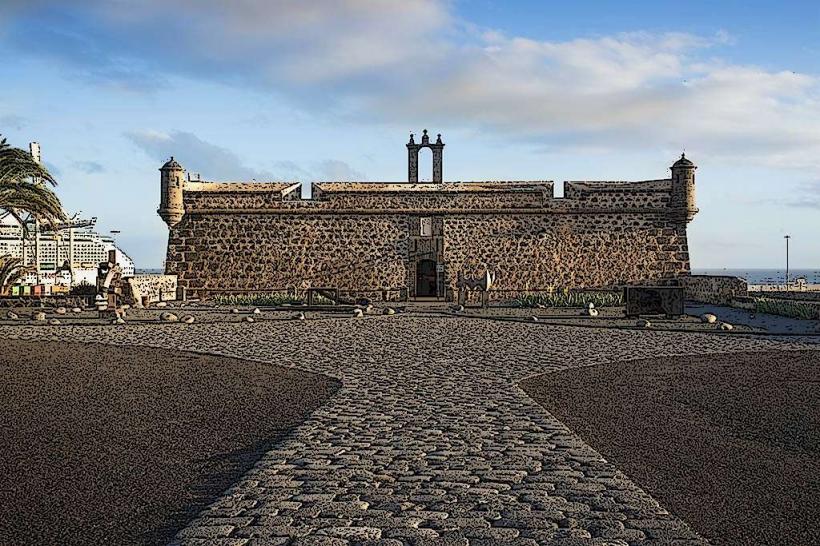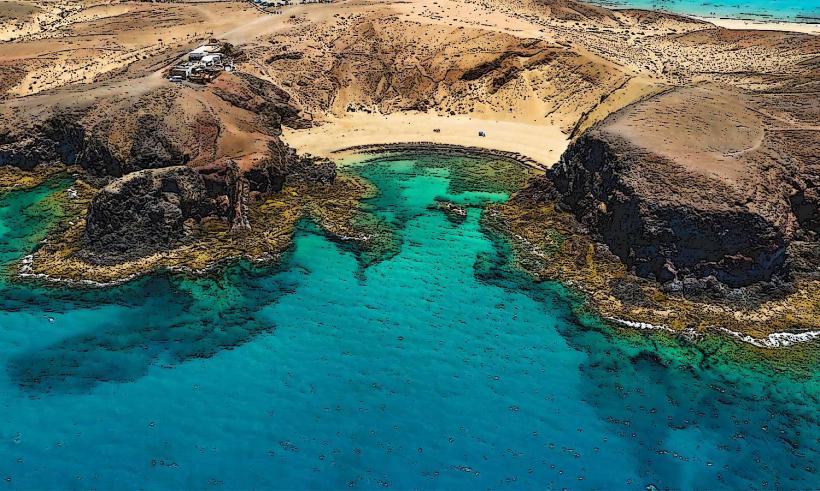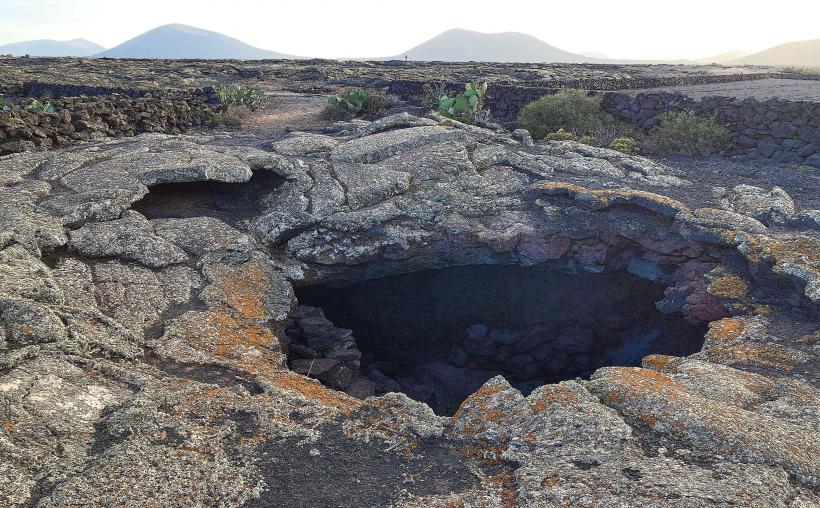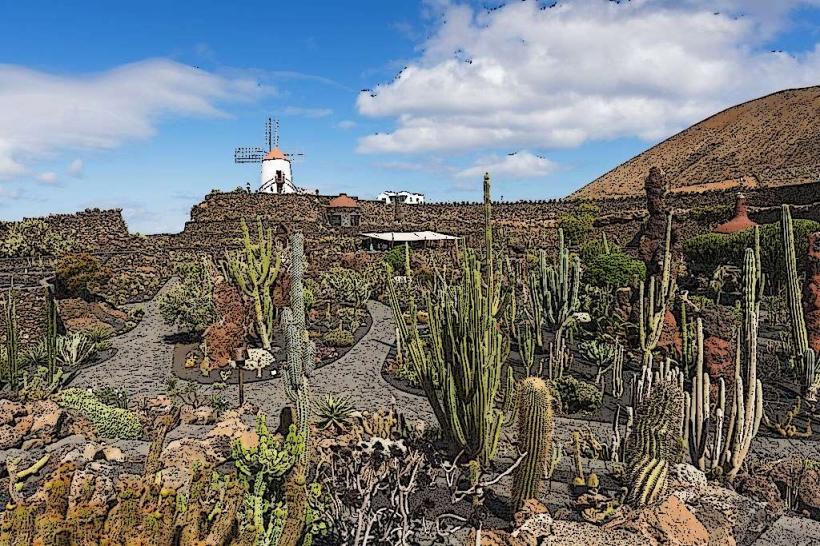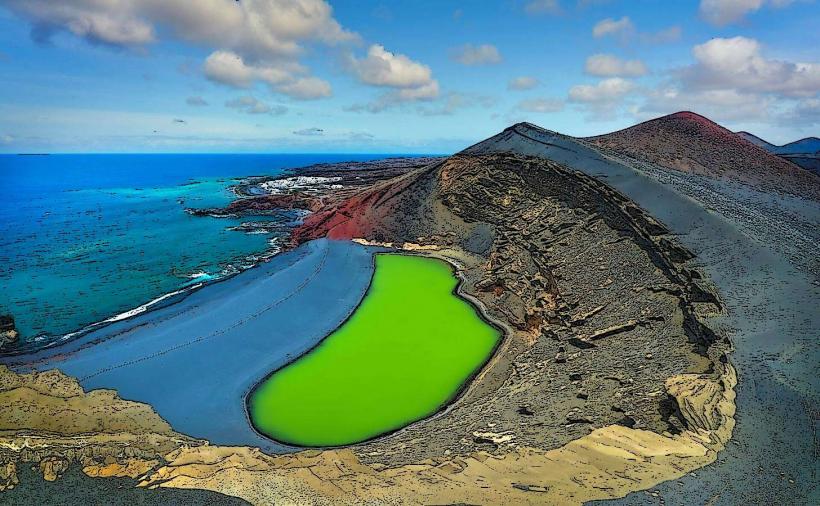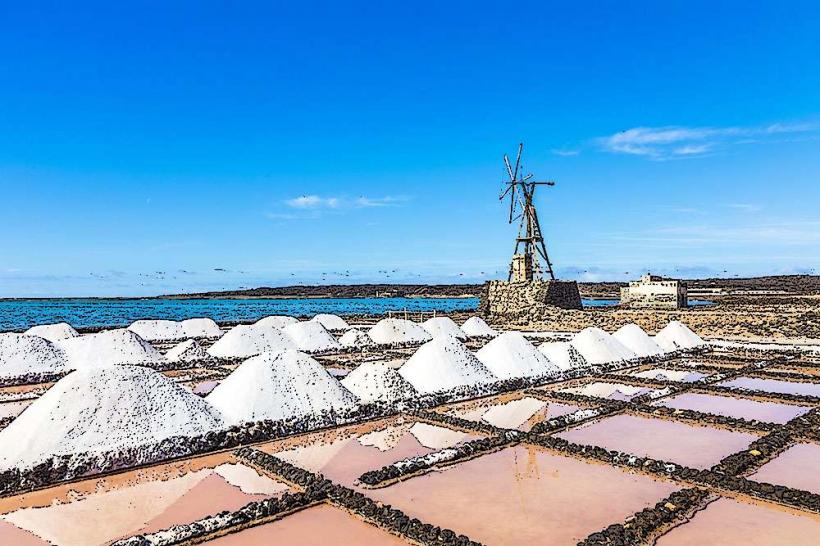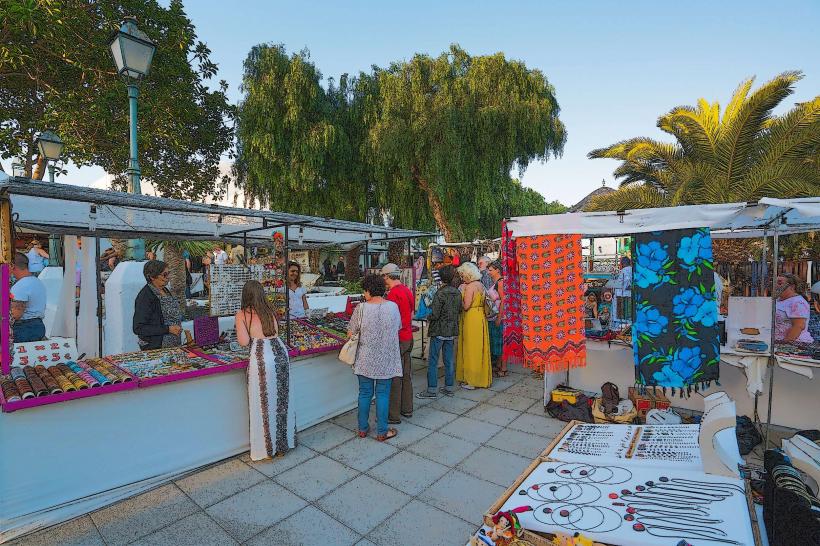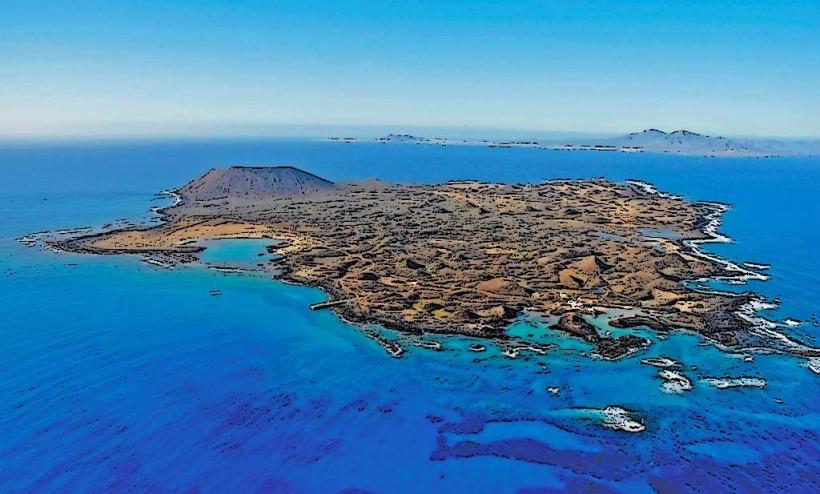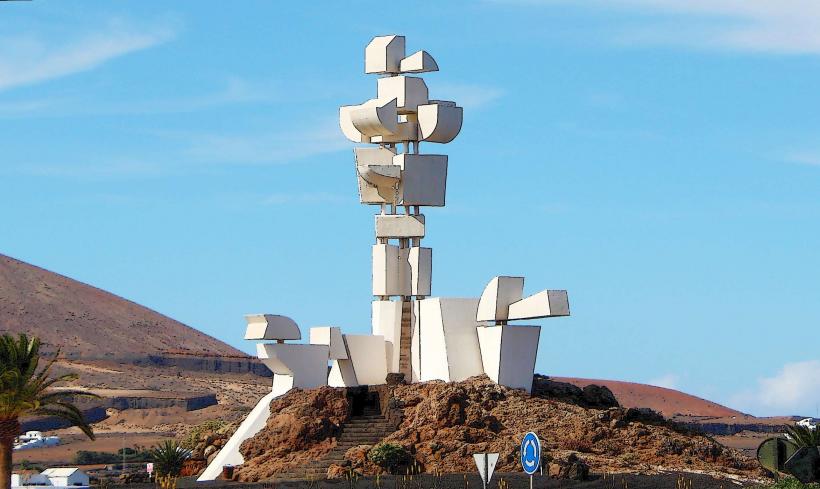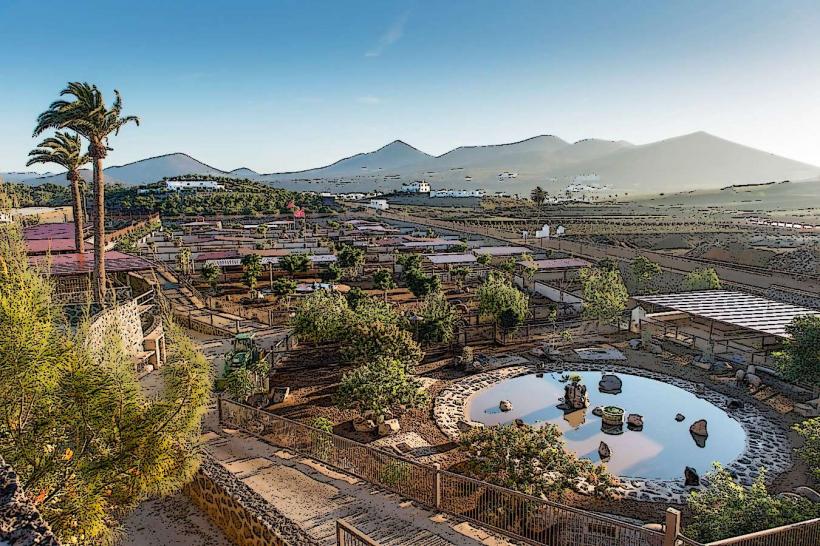Information
Landmark: San BartoloméCity: Lanzarote
Country: Canary Islands
Continent: Europe
San Bartolomé, Lanzarote, Canary Islands, Europe
Overview
San Bartolomé sits in the heart of Lanzarote, a modest village with sun‑washed walls and a quiet, welcoming charm in the Canary Islands, also it sits within the municipality that shares its name, known for rich farmland, sweeping green hills, and its closeness to some of the island’s best-loved sights.San Bartolomé may be a quiet, compact town, but its spot in the island’s heart-surrounded by centuries-ancient stone buildings-makes it an fundamental hub for history and culture, along with san Bartolomé sits in the heart of Lanzarote, about 10 kilometers inland from Arrecife, the island’s bustling capital, where fishing boats dot the harbor.Volcanic ridges frame it on one side, green valleys spill out on the other, and patchwork fields stretch toward the horizon, equally important san Bartolomé takes its name from Saint Bartholomew, the town’s patron saint, generally This village has long shaped the island’s farming and cultural traditions, with agriculture still anchoring the local economy, besides one highlight is the Casa Museo del Campesino, where whitewashed walls and ancient wooden tools tell the story of Lanzarote’s traditional farming practices and the people who kept them alive, mildly Just outside San Bartolomé stands a museum designed by César Manrique, Lanzarote’s celebrated architect and artist, where you can observe worn wooden plows, displays tracing the island’s farming history, and intricate local crafts, alternatively the museum sits inside a dazzling, whitewashed building, its wooden balconies and stone arches echoing traditional Canarian style.Around here, you’ll witness goats grazing by minute gardens and watch hands-on demos of historic farming methods, at the same time san Bartolomé sits just a short drive from the celebrated La Geria wine region, one of Lanzarote’s most famous agricultural landscapes.The region’s rare volcanic soil, dim and gritty to the touch, has shaped a perfect destination for grapevines to thrive, equally important the black volcanic ash shields the vines from harsh winds and locks in precious moisture-vital in the island’s dry heat.In San Bartolomé, visitors wander through sunlit vineyards and sip Lanzarote’s prized Malvasia, a wine rooted in centuries of tradition, equally important several local wineries welcome visitors with guided tours, tastings, and a glance behind the scenes at the island’s distinctive winemaking process, where the air smells faintly of warm grapes.Just beyond San Bartolomé, the striking white Monumento al Campesino rises from the plain-César Manrique’s tribute to the island’s farmers, what’s more the monument rises like a bold sculpture, capturing the bond between the island’s people and the rugged soil they till.Blending shapes inspired by heritage farming tools, the design honors the grit of Lanzarote’s farming community; it’s a favorite photo stop for travelers drawn to the island’s culture and history, and right in the heart of the village stands the Iglesia de San Bartolomé, a classic whitewashed Canarian church with a simple bell tower, at the same time the church, dedicated to the town’s patron saint, Saint Bartholomew, showcases classic Canarian style with whitewashed walls, a warm wooden ceiling, and a tiny bell tower that catches the afternoon sun; it’s a centerpiece of local life, hosting regular services and drawing crowds for the annual fiesta in his honor, while just outside San Bartolomé, the Finca de Uga stands as a traditional rural estate.This estate still runs as a working farm, with bleating goats in the pastures, rows of crops in neat lines, and vineyards stretching toward the horizon-offering a clear glimpse of the island’s farming traditions, in turn visitors can explore the island’s farming past and discover the hurdles of working the rich, black volcanic soil of Lanzarote, roughly At the Finca de Uga, eco-tourism comes alive with hiking trails, quiet nature walks through open countryside, and chances to spot native birds against a wide, blue sky, alternatively just a short drive away, Timanfaya National Park offers its otherworldly lava fields-one of the island’s most iconic sights.Funny enough, The park holds ancient volcanic craters, steaming vents, and broad lava fields born from the island’s 18th-century eruptions, what’s more trails wind through black rock and quiet, protected valleys, offering plenty of chances to explore on foot.Visitors can roam the rugged slopes of Lanzarote’s Fire Mountains, pausing to take in sweeping views where black lava meets the pale horizon, then drive a short way from San Bartolomé to Cueva de los Verdes, a striking volcanic cave system born from Mount La Corona’s ancient eruption, besides the caves draw visitors with their dramatic lava formations and the way light glints off the walls during guided tours; once a refuge for islanders hiding from pirates, their tunnels now reveal the island’s volcanic past.In town, the Fiesta de San Bartolomé bursts to life each year with music and dancing, honoring Saint Bartholomew, the village’s patron saint, to boot every August, the festival fills the streets with religious processions, swirling traditional dances, and bursts of music and laughter.Visitors can tap their feet to Canarian folk tunes, watch dancers spin in luminous skirts, and taste local flavors like tangy mojo sauce and creamy goat cheese, besides just a short trip away, the historic town of Teguise hosts Lanzarote’s famous Sunday market, a maze of stalls brimming with crafts, produce, and island specialties.At the Teguise Market, you’ll find everything from hand-carved wooden toys to fresh, sun-warmed tomatoes and other artisan treasures, alternatively it’s a wonderful spot to soak up the local culture, browse for souvenirs, and savor traditional Canarian dishes like salty papas arrugadas, tender goat meat, and rich, flavorful sancocho.The town’s dotted with cozy restaurants and taverns where visitors can savor the local fare, from grilled fish to fresh goat cheese, not only that thanks to its closeness to the La Geria wine region, many spots in San Bartolomé also pour crisp Malvasia and other island-made wines.These wines carry a distinct character, born from Lanzarote’s volcanic soil, with a hint of mineral you can almost taste in the sea breeze.
Author: Tourist Landmarks
Date: 2025-09-08

